Employee Screening Services: Complete Guide for Employers

Employee screening services are an essential part of the modern hiring process. Employers use them to verify information, reduce risks, and comply with legal requirements before welcoming new employees into the workplace. As hiring has become faster and more competitive, screening has evolved into a strategic tool that balances safety, compliance, and candidate experience.
What Are Employee Screening Services?
Employee screening refers to the process of evaluating a candidate’s history, qualifications, and fitness for a role. Depending on the industry, this may include background checks, drug testing, health exams, or license verifications. The goal is to ensure that every new hire meets both organizational and regulatory standards.
Screening services are no longer one-size-fits-all. Employers can choose from a range of checks tailored to their needs, from basic identity verification to continuous monitoring of existing employees.
Types of Screening Services
Background Checks
The most common service, background checks confirm criminal history, employment records, education, and identity. They may also include credit reports, driving records, or global watchlist searches for roles that require additional oversight.
Drug Screening
Drug testing helps employers maintain safe workplaces and meet regulatory requirements. It may be done before hiring, randomly during employment, or after accidents.
Health Screening
Occupational health screenings evaluate whether a candidate can physically perform job responsibilities. Depending on the role, this can include physical exams, vaccinations, vision and hearing checks, or respiratory assessments.
License and Credential Verification
In industries like healthcare, finance, and education, verifying professional licenses or certifications is mandatory. Automated systems can track renewals and prevent lapses.
Continuous Workforce Monitoring
Modern screening doesn’t end with hiring. Continuous workforce monitoring provides ongoing alerts if an employee’s legal or credential status changes, helping organizations stay compliant.
Why Screening Matters for Employers
Employee screening services protect organizations in several ways. They reduce the risk of negligent hiring claims, improve workplace safety, and help maintain compliance with federal and state laws. They also build trust with clients, regulators, and employees.
For candidates, a well-managed screening process builds confidence in the employer. Clear communication, predictable timelines, and respect for privacy all contribute to a positive experience.
Industry-Specific Needs
- Healthcare requires license verification, health screenings, and drug testing.
- Transportation demands DOT compliance, driver record checks, and ongoing monitoring.
- Finance often includes credit and sanctions checks.
- Education relies heavily on background checks and health clearances.
- Retail and hospitality use screening to manage high-volume hiring quickly and safely.
- Gig economy companies need scalable, fast verification to handle large workforces.
Key Trends in Employee Screening
- Automation is streamlining workflows, reducing turnaround times, and minimizing manual oversight.
- Compliance management is increasingly complex, with state-specific laws requiring adaptable systems.
- Candidate experience is becoming a priority, as long delays or unclear processes can lead to drop-offs.
- Continuous workforce monitoring is gaining traction as employers recognize the risks that persist beyond the hiring stage.
Frequently Asked Questions About Employee Screening Services
What is the purpose of employee screening?
The purpose of employee screening is to verify a candidate’s identity, history, and qualifications before they are hired. Screening helps employers reduce risk, comply with laws, and ensure workplace safety.
What types of screenings are most common?
The most common screenings are criminal background checks, drug testing, health exams, employment and education verifications, and license checks. Many employers also use continuous monitoring after hire.
How long does the screening process take?
The timeline depends on the type of screening. Criminal checks and drug tests often take a few days, while education or international verifications can take longer. Automation and digital workflows are reducing turnaround times.
Are employee screenings required by law?
Not always. Some industries, such as transportation, healthcare, and finance, have strict legal requirements for screenings. In other industries, screenings are optional but widely adopted to protect against liability.
Do screenings affect the candidate experience?
Yes. A smooth, transparent process reduces candidate frustration and builds trust. Delays or unclear communication can cause drop-offs, which is why many employers prioritize efficient, candidate-friendly systems.
What is continuous monitoring in employee screening?
Continuous monitoring is the practice of receiving real-time alerts about an employee’s criminal record, license status, or regulatory compliance after they are hired. This ensures ongoing risk management and compliance.
Choosing an Employee Screening Partner
When evaluating providers, employers should consider accuracy, speed, compliance tools, integrations with existing HR systems, and the candidate experience. The best solutions balance risk management with efficiency, supporting hiring goals without creating unnecessary delays.
Let’s Build Your Hiring Advantage
Want to screen faster, place sooner, and win more? Let’s talk.
Read more articles:






